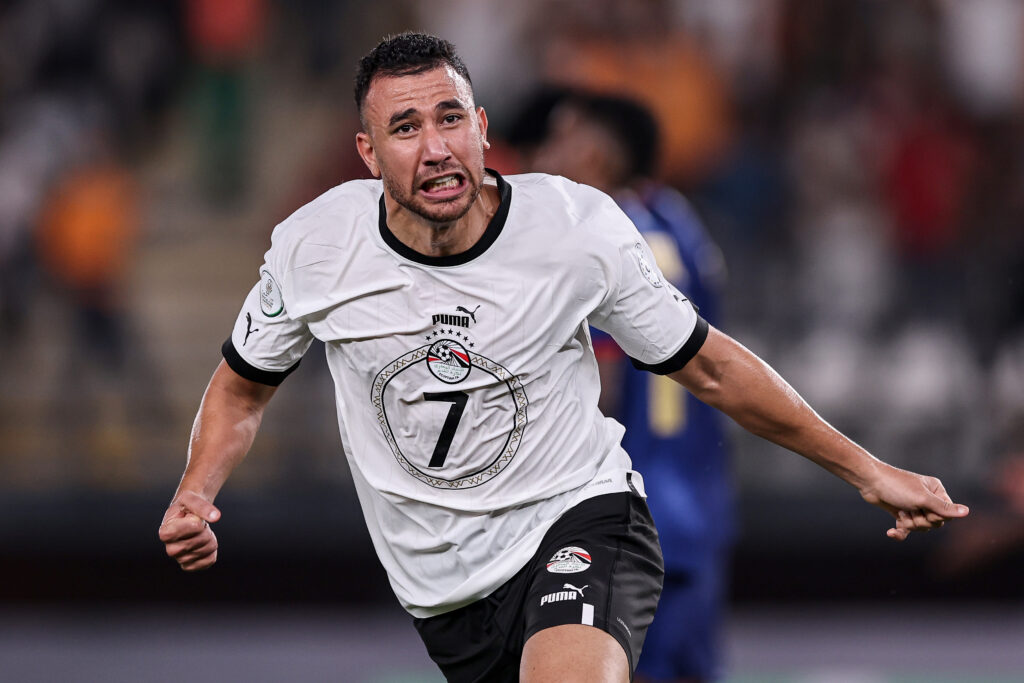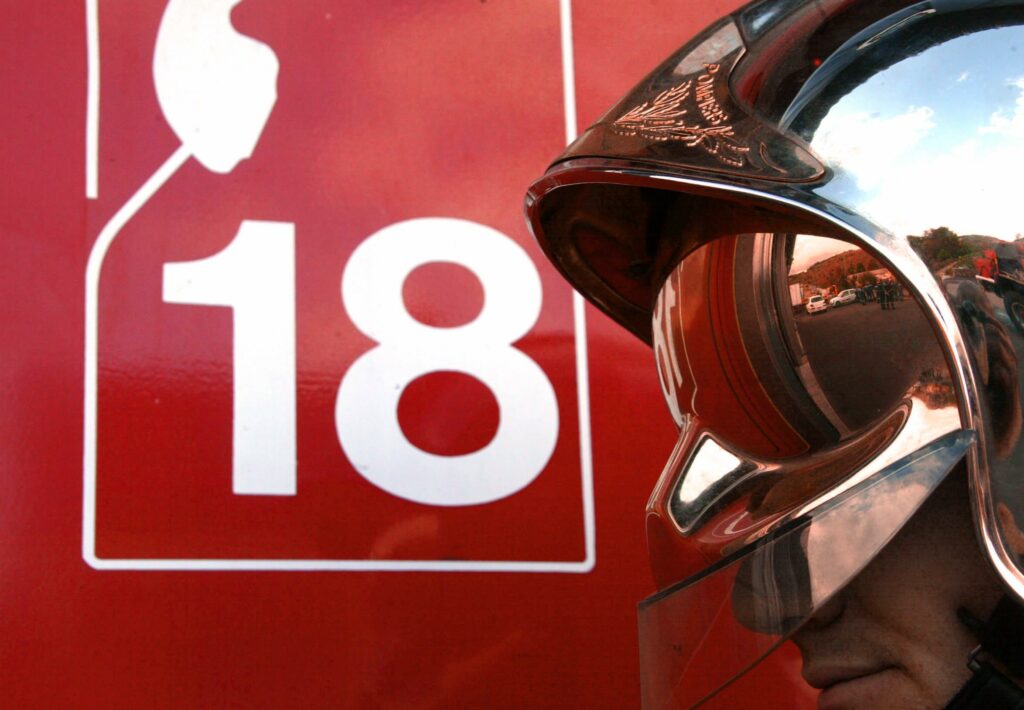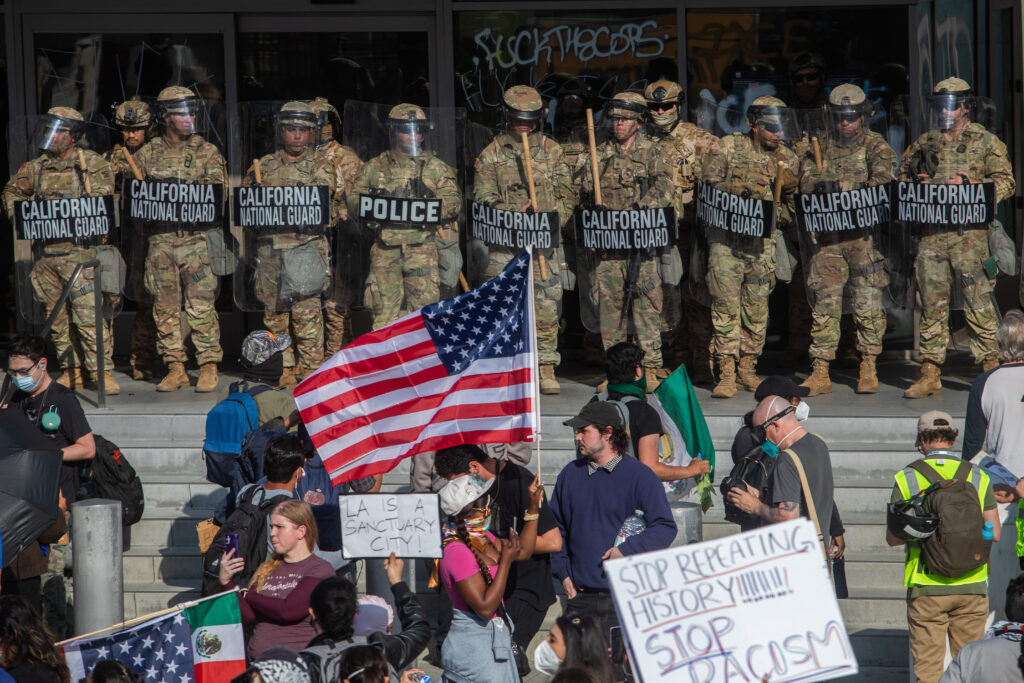Club World Cup riches await four African challengersTue, 10 Jun 2025 06:47:01 GMT
The four African qualifiers for the revamped Club World Cup in the United States are set to become much richer, no matter how they fare in the 32-team tournament.By securing places, Al Ahly of Egypt, Esperance of Tunisia, Mamelodi Sundowns of South Africa and Wydad Casablanca of Morocco are each guaranteed $9.55 million (€8.4 million) …
Club World Cup riches await four African challengersTue, 10 Jun 2025 06:47:01 GMT Read More »
Three key battles in World Test Championship finalTue, 10 Jun 2025 06:46:21 GMT
Reigning champions Australia face South Africa in the World Test Championship final at Lord’s, starting on Wednesday.Below AFP Sport looks at three key contests that could determine the course of the showpiece game:Tough times loom for top-ordersBatsmen on both sides face a tough examination given the quality of fast bowlers on show.Australia captain Pat Cummins …
Three key battles in World Test Championship finalTue, 10 Jun 2025 06:46:21 GMT Read More »
Deux pompiers portés disparus dans l’Aisne, ensevelis sous les décombres d’un incendie
Deux pompiers sont portés disparus à Laon (Aisne), ensevelis sous des décombres alors qu’ils intervenaient lundi soir sur l’incendie d’un immeuble du centre-ville qui n’a pu être circonscrit qu’en fin de nuit, a annoncé mardi la préfecture.Les opérations de recherches pour les retrouver “sont toujours en cours” selon un point de situation de la préfecture diffusé à 07H30, précisant qu’il n’y a pas d’autres victimes, tous les occupants de l’immeuble et des bâtiments voisins ayant pu être évacués.Le feu est parti d’un appartement dans un immeuble du centre historique de Laon, sur lequel les sapeurs-pompiers du Sdis (service d’incendie et de secours) de l’Aisne se sont engagés à partir de lundi 20H45.Plus d’une heure après le début de l’intervention, “un effondrement structurel est survenu, impactant l’ensemble du bâtiment”. C’est à ce moment-là que deux pompiers, qui se trouvaient à l’intérieur du bâtiment, ont été piégés.A 07H00, 168 sapeurs-pompiers étaient toujours mobilisés sur le site, avec le renfort de nombreux services d’incendie et de secours de cinq autres départements et de moyens techniques spéciaux, dont le robot Colossus, permettant une “intervention en zone à risque élevé”, a détaillé la préfecture.
Trump deploys Marines as tensions rise over Los Angeles protests
President Donald Trump ordered active-duty US Marines and 2,000 more National Guard troops into Los Angeles on Monday, vowing those protesting immigration arrests would be “hit harder” than ever.Trump’s extraordinary mobilization of 700 full-time professional military personnel — and thousands of National Guard troops — came on the fourth day of street protests triggered by dozens of immigration arrests in a city with huge foreign-born and Latino populations.California Governor Gavin Newsom slammed the move, posting on X that US Marines “shouldn’t be deployed on American soil facing their own countrymen to fulfill the deranged fantasy of a dictatorial President. This is un-American.”The deployment came after demonstrators took over streets in downtown LA on Sunday, torching cars and looting stores in scenes that saw law enforcement responding with tear gas and rubber bullets.Monday’s demonstrations unfolded largely peacefully, however, after weekend protests triggered by dozens of arrests of people authorities said were illegal migrants and gang members.”Pigs go home!” demonstrators shouted at National Guardsmen outside a federal detention center. Others banged on the sides of unmarked vehicles as they passed through police containment lines.One small business owner whose property was graffitied was supportive of the strongarm tactics.”I think it’s needed to stop the vandalism,” she told AFP, declining to give her name.Others were horrified.”They’re meant to be protecting us, but instead, they’re like, being sent to attack us,” Kelly Diemer, 47, told AFP. “This is not a democracy anymore.”In the nearby city of Santa Ana, about 32 miles (50 kilometers) southwest of Los Angeles, law enforcement fired tear gas and flash-bang grenades on protesters chanting against the Immigration and Customs Enforcement (ICE) agency as darkness fell.-‘Hit harder’ -Trump, speaking in Washington, branded the protesters “professional agitators and insurrectionists.”On social media, he said protesters spat at troops and if they continued to do so, “I promise you they will be hit harder than they have ever been hit before.”Despite isolated and eye-catching acts of violence, officials and local law enforcement stressed the majority of protesters over the weekend had been peaceful.Schools across Los Angeles were operating normally on Monday, while the rhythms of life in the sprawling city appeared largely unchanged.Contrasting Trump’s descriptions of the protests, Mayor Karen Bass said “this is isolated to a few streets. This is not citywide civil unrest.”Los Angeles Police Chief Jim McDonnell said local authorities were able to control the city.”The introduction of federal, military personnel without direct coordination creates logistical challenges and risks confusion during critical incidents,” he told reporters.At least 56 people were arrested over two days and five officers suffered minor injuries, Los Angeles Police Department officials said, while about 60 people were arrested in protests in San Francisco.Protesters also scuffled with police in New York City and in Austin, Texas on Monday.Police made several arrests after around 100 people gathered near a federal building in Manhattan where immigration hearings are held, an AFP reporter there saw, while law enforcement fired tear gas on dozens of protesters in Austin, NBC affiliate KXAN reported.Trump’s use of the military was an “incredibly rare” move for a US president, Rachel VanLandingham, a professor at Southwestern Law School in Los Angeles and a former lieutenant colonel in the US Air Force, told AFP. The National Guard has not been deployed over the head of a state governor since 1965 at the height of the civil rights movement.US law largely prevents the use of the military as a policing force on home soil absent an insurrection.For good reason, VanLandingham said, explaining that troops such as the Marines are trained to use lethal force, as opposed to domestic peacetime law enforcement.”What does ‘protect’ mean to a heavily armed Marine??? Who has not/not trained with local law enforcement, hence creating a command and control nightmare?” she told AFP via email.The Pentagon said late Monday Trump had authorized an extra 2,000 guardsmen, seemingly on top of the 2,000 he deployed over the weekend.Around 1,700 guardsmen had taken up positions in Los Angeles by late Monday, the US Northern Command said on X.




